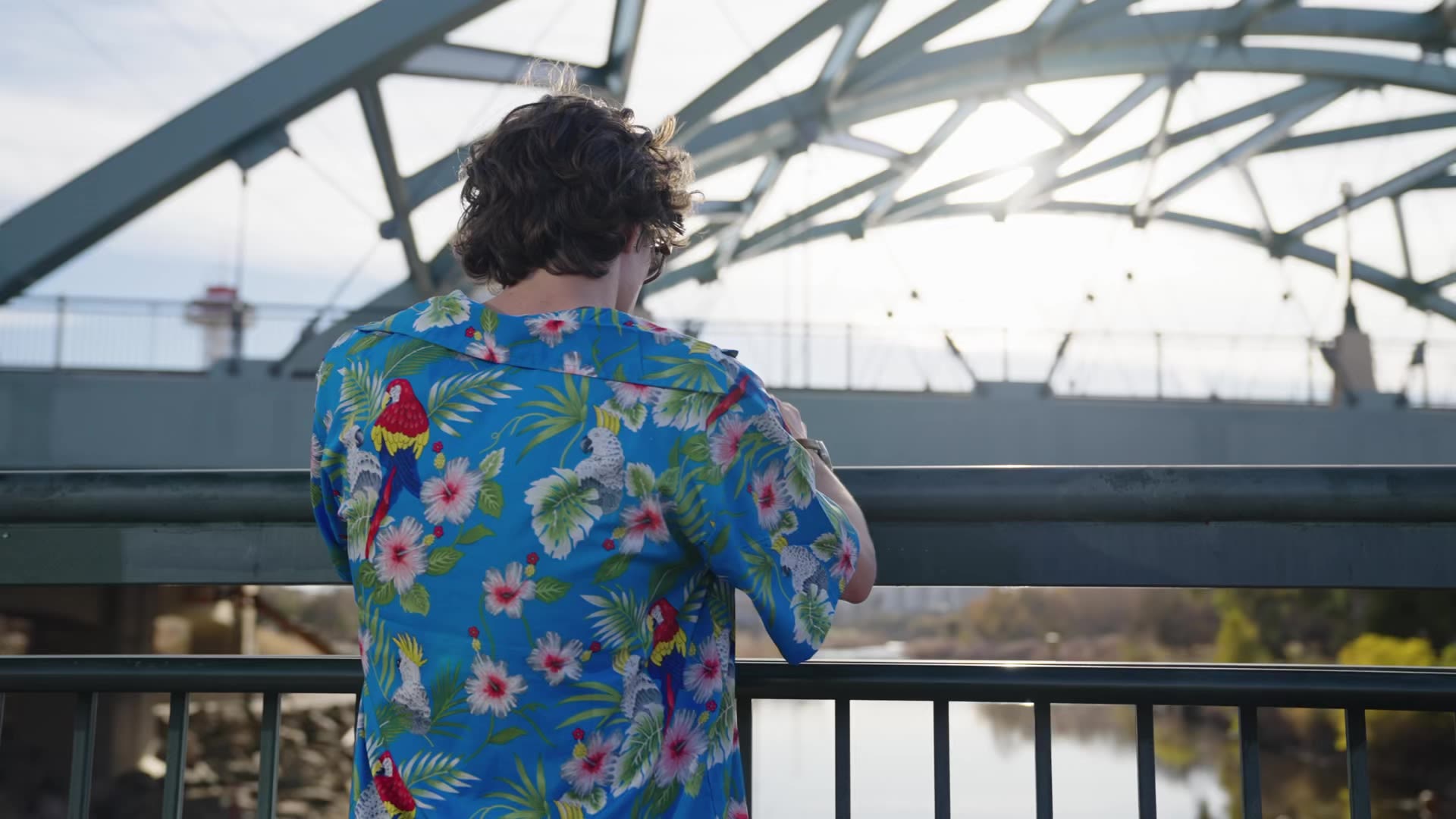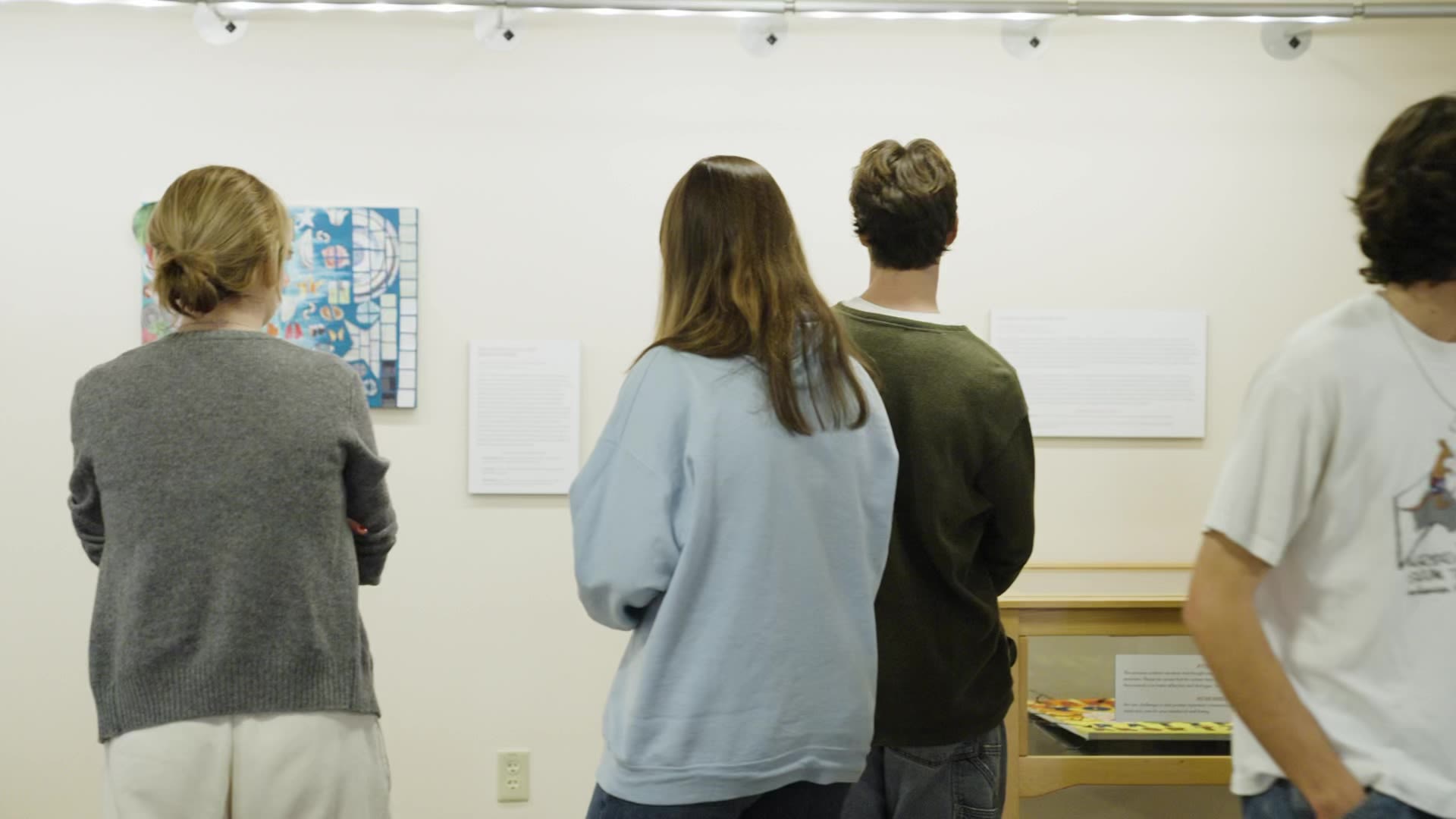7 first-year seminars we secretly want to join

1
Colorado’s Rivers
Colorado is known as the “Headwaters State,” with four major U.S. rivers—the Colorado, Rio Grande, Arkansas and South Platte—beginning in the Colorado mountains as snow and snowmelt and providing water resources for 18 states and Mexico. In this course, Professor Hillary Hamann helps students understand the past and present of Colorado’s rivers by critically examining human impacts such as mining, dams, wildfires, recreation, urbanization and climate change, as well as discussing strategies for a sustainable future. Students come away with knowledge of basic hydro-ecologic form and the function of rivers through classroom and river-based field excursions.

2
Bathrooms as a Political Space
Bathrooms have been the site of intense political struggle throughout American history. Americans have clashed over racially segregated bathrooms, equal space for women, a right to rest breaks at work, toilets that are accessible for people with disabilities and safe access for transgender individuals. In this class, Professor Sara Chatfield guides students in exploring how courts, legislatures and social movements have interacted to shape the politics of the bathroom. Students look at politics and policy around the country, but also at how these issues have played out (and are still contested) at the local level in Denver.
3
Physics of Smartphone Sensors
Smartphones gradually integrated into our lives not only because they are a mobile computer, but also because of their state-of-the-art sensors. These embedded sensors allow the phone to gauge where you are, which direction you face, how bright the light is and even the air pressure and electromagnetic field around you. Practically, you are carrying a multi-functional mobile lab in your pocket, says Xin Fan, professor of physics and astronomy. In this course, students take a closer look at these different sensors, learning underlying principles and their limits. Building upon activities like mapping electric wires behind walls and tracing airflows in a room, students also design their own iPhone or Android apps.

4
The American Road Trip
For as long as there have been roads to travel in this country, people have hit the pavement, stuck out their thumbs, stowed away and headed west. Themes of adventure and exploration dominate the early cultural history of our country and remain central to American literature, art, film, music and advertising. In this course, students explore the place of the road trip in American culture by interrogating the complicated history of travel in this country, starting with that first, unruly road trip that was westward expansion. Professor Russel Brakefield educates students on the impact of the road trip through 20th century art and popular culture while helping them think about how their own personal journeys have shaped their identities as they begin their first leg of a new adventure at the University of Denver.

5
Art and Observation in Healthcare
Art is everywhere, even in healthcare, and being observant is a must for understanding art and treating a person. In today’s healthcare scene, it is imperative for all providers—from nurses to physicians to dentists—to effectively communicate and connect with patients. This means learning how to read body language, discerning the difference between description and interpretation and being open to identifying one’s own biases and perceptions of cultural, ethnicity, age and gender contexts. In this course, Professor Barbekka Hurtt helps students focus on developing observational skills through the appreciation of fine and contemporary art, videos, photography and everyday interactions by visiting museums and creating their own art.

6
[Im]migrant Stories: Theirs & Ours
This course explores the different ways in which individuals displaced by emigration and exile have chosen to tell their stories. Professor Lydia Keff helps students analyze the impact of social, political, economic and cultural factors on the writer's self-definition as "hyphenated beings" and how these autobiographical texts fit within the broader frame of U.S. literature. For the final project, students explore their own stories of displacement (ancestral, familiar, individual or collective) in the form of a literary essay, short memoir, collection of poems, digital story, performed monologue or documentary film.
7
You Are What You Eat: A Course in Food Chemistry
Professor Michelle Knowles covers how food goes from the farm to the table and the chemistry that occurs during food processing and cooking. As a community, students design, discuss and perform experiments where we can observe the physical and chemical transitions that occur when preparing food. Students work as teams to test kitchen hypotheses so that we can solve mysteries like “Why do avocados brown?” and “Why should I care about the Maillard reaction and the formation of 2-acetylpyrroline?”
